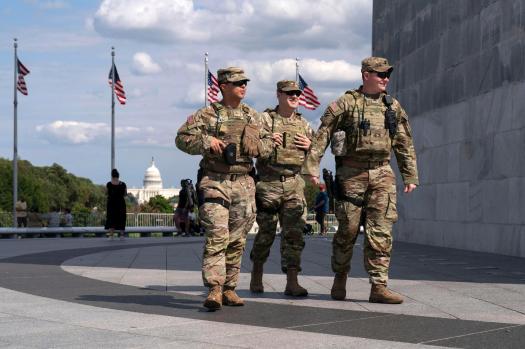The U.S. military has conducted two strikes on Venezuelan vessels reportedly connected to a “designated narco-terrorist organization,” as stated by Secretary of State Marco Rubio. This military action has sparked intense debate regarding its legality, with various legal experts and members of Congress questioning the government’s justification for such forceful measures. Critics argue that the attacks lacked a solid legal foundation for the lethal actions taken against individuals on board the vessels.
Concerns Over Justification for Military Action
The legality of these strikes raises significant alarm for American citizens. Concerns are heightened not only because of the potential illegality of the actions but also due to a perceived lack of seriousness among government officials regarding the need to justify the use of force. This pattern of aggressive military engagement without clear explanations undermines public trust. For instance, when asked about the legal authority behind the recent strike, Secretary of State Hegseth asserted that “we have the absolute and complete authority to conduct that,” without providing further details or citing specific legal frameworks.
The dismissive attitude displayed by government officials is troubling. JD Vance, the Vice President, took to social media to declare that “killing cartel members who poison our fellow citizens is the highest and best use of our military.” His assertion, however, lacks a clear rationale or legal basis for classifying such actions as legitimate uses of military force. In a response to criticism labeling the operation as a “war crime,” Vance’s retort indicated a disregard for the legal implications of military action.
Pattern of Disregard for Legal Frameworks
This reluctance to provide justification mirrors a broader trend observed in recent government actions. For example, the administration recently relocated 250 migrants to a detention center in El Salvador without presenting evidence or due process, expecting the public to accept the legality of such decisions on faith alone. Furthermore, the President raised eyebrows with a threat to Chicago, stating that “Chicago is about to find out why it’s called the Department of WAR.” This proclamation lacked clarity regarding the legal grounds for deploying federal forces to the city, particularly as crime rates in Chicago have reportedly decreased.
Critics point out that several cities governed by Republican leadership report higher crime rates, raising questions about the decision to target Chicago specifically. The consistent theme across these instances is a troubling absence of evidence and reasoned argument supporting government actions. This phenomenon is not exclusive to the current administration but has been especially pronounced in recent communications.
The U.S. government is fundamentally a rights-protecting institution that operates within a legal framework. It is imperative that officials articulate the authority underpinning their use of force and provide necessary explanations. Failure to do so raises suspicions that no legitimate authority exists. The casual attitude toward military engagement and threats of force must not become standard practice.
Moving forward, it is crucial for government leaders, including the Secretary of State, to be transparent about the legal justifications for military actions. Additionally, the government must not detain individuals without substantiating evidence. The President’s threats against cities should be grounded in clear legal authority, and the use of force must always be approached with caution and respect for the law. The American public deserves clarity and accountability regarding the actions of their government.
As the discourse continues, the media and the public must remain vigilant, demanding answers to ensure that the government’s use of power aligns with its obligations to protect rights and adhere to legal standards.
